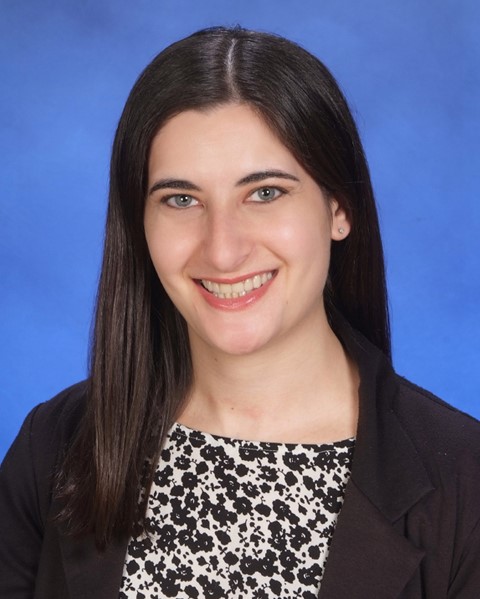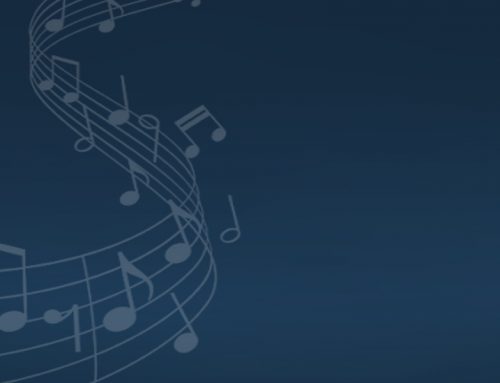
Coming from a particularly non-musical family, it is unclear what sparked my early interest in music. However, I began playing violin at the age of seven, and it shaped my life. My love of learning found an intersection with music and as I grew older, my passion for music blossomed. By the time I was in middle school, my answer to anyone’s question of “What do you want to be when you grow up?” was confident: a music teacher.
Growing up, I took private lessons and played in orchestras. It wasn’t until college that I was pushed to develop my musicianship; previously, I considered a piece complete if I could play the notes and rhythms, and maybe some dynamics. The humanistic aspect was missing, and I didn’t know how to improve.
In my Master’s program at the University of Cambridge, I finally recognized the importance of critical thinking. For the first time in my life, I was asked for my opinion on topics involving music education and teaching philosophy, and there was no right answer to study for a test. I graduated from the program determined to include critical thinking and musicianship as key components for my students.
Too often, students are pushed through school, focused on standardized tests and limited in time and opportunity for experiential learning. When I found Practicing Musician, something that struck me was the way that it methodically teaches concepts for concert band and orchestra instruments, but also allows students the opportunity to develop autonomy: assessment questions confirm understanding on the topic at hand but also application to their lived experiences, rubrics allow students to provide critical feedback to their peers and themselves, and students have the freedom to accept or reject feedback.
As we continue to adopt rapidly changing technological norms in education, music education must not fall behind, and must not fall prey to the automated sense of education. Developing critical thinkers develops humans, and we need our students to become independent-thinking, worldly citizens who can make a positive impact in their communities and their world.




Leave A Comment
You must be logged in to post a comment.